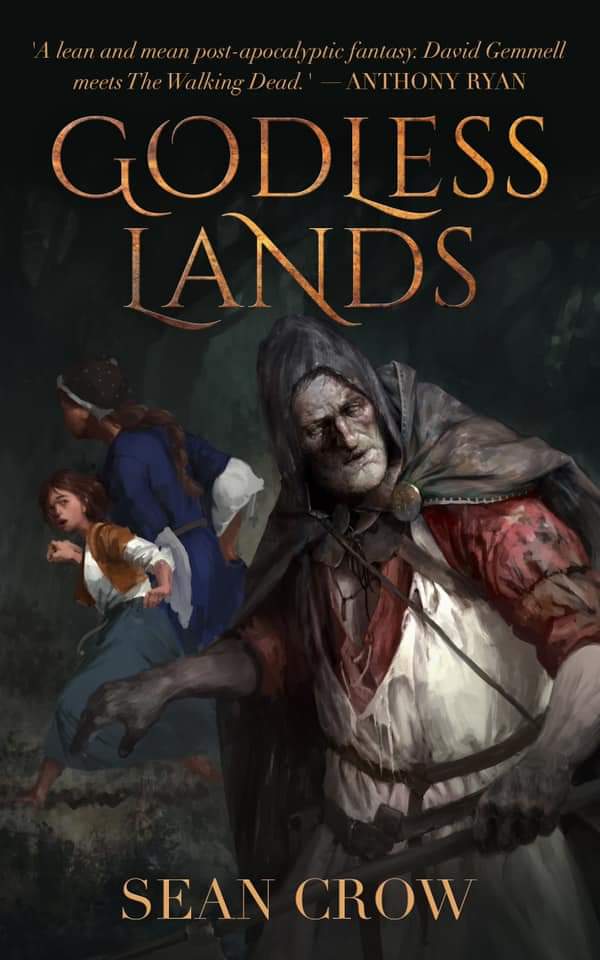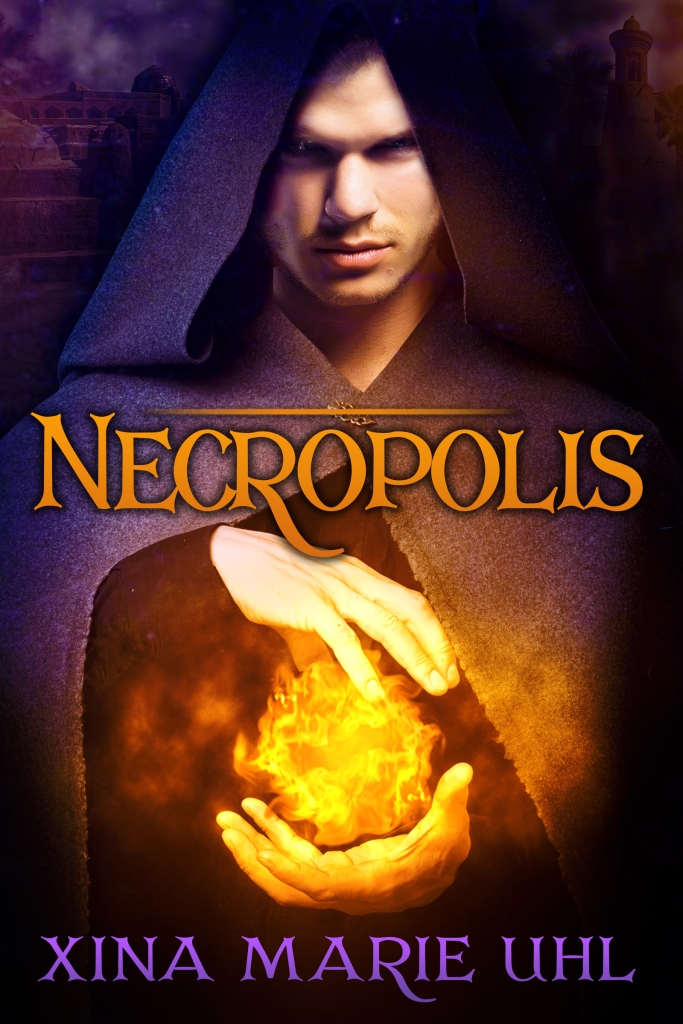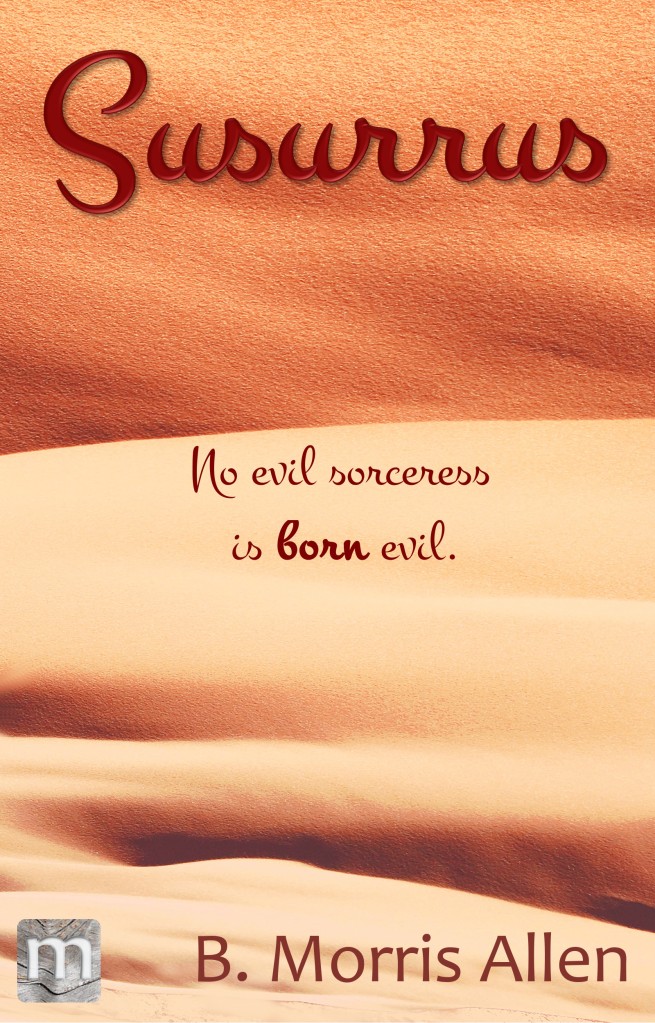
General Housekeeping:
First and foremost, thank you to the authors again for sharing their literary world with the Critiquing Chemist and the Bookish Boffins!
With the following three SPFBO eliminations, The Critiquing Chemist and her Bookish Boffins are 3/10ths of the way through Phase One. Elimination posts, such as this one, will serve as a general announcement regarding the titles to be cut with a short spoiler-free overview included for each novel. In the following days, the spoiler-free overview will be expanded upon in a full review post for each eliminated novel. That being said, it would be appropriate to add the following disclaimer that DNF books will not have their own post outside of the initial elimination one. These full posts will follow the traditional formatting style for reviews on The Critiquing Chemist by including a spoiler-abundant insight section in addition to the overview sans spoilers. The eliminations and semifinalists will ONLY be announced in specific posts regarding those aforementioned topics and not in the individual novel full reviews.
Without further ado, our second set of eliminations can be found in the next section. Please keep in mind that these titles are in no particular order or ranking, whether within this post, or the rest of our Phase One cuts. Click on the appropriate links to view our first and second sets of eliminations.
Godless Lands by Sean Crow

Godless Lands is the medieval version of a post-apocalyptic novel. It takes place in a world ravaged by the Blight, a plague that not only decimated the population, but also killed the majority of the animals and crops. Those who survived live in havens, small enclaves ruled by violent leaders. We don’t get much information about the havens, but it isn’t hard to fill in the blanks: a ruling class that hoards the money and resources; the military, ready to do their bidding, enjoying some small privileges as a consequence; and the populace, halfway to starvation. The outside, known as the “Godless Lands”, is dangerous and relatively unexplored. And that is precisely where the story unfolds.
Writing this, I realize that it makes the book sound rather tropey: We’ve all read a similar premise before. Crow, however, creates a believable world and an interesting set of characters, and the story doesn’t feel like a rehash at all. This is an exciting read on its own merits.
In a way, this is a story of men, of warriors and knights: most of the action scenes are centered around them. It may come as a surprise, then, how wonderful the female characters are. They are not commonplace, and they kick ass, each in their own way. Even the one who would fit in the “damsel in distress” category is not helpless at all. These are women who’ve been through a lot, but haven’t just sat by and watched the world crumble around them.
The characters are complex enough to be believable: even the “bad guys” have feelings, which makes them more human. We are given some backstory for the main villain, which doesn’t justify his actions, but gives us a glimpse into how terrible circumstances can push someone over the edge. I think this is part of what makes him so terrifying.
Godless Lands is a story of survival, of hope, and redemption. It’s a fast-paced book that doesn’t feel rushed. I very much enjoyed reading this book, got invested in the characters and their stories (more on that in the spoiler-ridden section), and even cried a couple of times.
While this hasn’t affected my rating of the book, I have to mention the editing, because it needs work. For the most part, it isn’t too distracting, but I think I would have enjoyed this book even more if editing hadn’t been an issue. There were several sentences that were missing a connector or some other word, and made little sense as a result. There are also numerous typos. And there are lots of commas missing; few of them affect the meaning, but it gets tiresome. Admittedly, years in academia have made me very picky when it comes to editing, so I probably notice these things more than most. Many of the reviews I’ve read for this book say nothing about this, so maybe other people weren’t bothered by it. If you are an editor wannabe, this might get on your nerves.
Necropolis by Xina Marie Uhl

Uhl delivers an entertaining tale in Necropolis that keeps the reader actively engaged, especially in the action-packed, suspenseful final sequence of events. Each character has a well-developed, distinctive voice, and a story that sparks an emotional connection with the reader. Of the main characters, only Conyr achieves significant depth with his detailed, fleshed out backstory. Although Dru’s past is relegated mostly to the shadows for a specific, magically-induced reason, he would have benefited most from the added layers of depth. Similarly, Jesra was also an intriguing pawn whose complex past is alluded to but never fully unveiled.
Uhl nails the pacing as the suspense ebbs and flows throughout Necropolis, culminating in the last, seemingly hopeless battle. While I recognize the following criticism as a bias due to my personal preferences, I found that the reliance on convenient coincidences was used one too many times. The narrative in Necropolis repeatedly emphasizes how confusing and winding the streets of Eretria are within this massive, sprawling city; and yet, despite the maze-like quality of the city and the crowds, when villains and protagonists run randomly in search of one another, surprise, surprise, they somehow manage to stumble into exactly who they are looking for. The Ikati credit this to a higher power influencing the characters’ interactions, but in a city this congested and winding, it seemed far too convenient from the reader’s perspective. Overall, Uhl’s Necropolis proves to be an intriguing fantasy tale that continually builds, adding layer upon layer of detail, till the reader is eager to find out how the mess our favorite characters find themselves in will resolve.
Susurrus by B. Morris Allen

Susurrus by B. Morris Allen asks readers to consider the question: how exactly does an evil sorceress become evil? At the outset of the story, the main character, Iskra, is wandering in the desert, delirious and hopelessly dreaming of water and the magic that has seemingly deserted her. Her desperate thoughts offer a glimpse of the greatness she once possessed, leaving the reader to wonder how she came to be in her current predicament. The answer lies in the rest of the story, tracing Iskra’s journey from starving mountain girl to powerful sorceress, including the numerous tragedies she experiences along the way.
One of the aspects I really liked about this novel is how Allen constantly changes up the setting, and the reader joins Iskra as she discovers new lands and different types of magic. I thoroughly enjoyed the chapters about a sea-faring nation, and in particular, the confident and good-natured captain who takes Iskra under her wing. The unnamed captain felt more fleshed out and interesting than many of the other secondary characters that populate Susurrus. I also appreciated the numerous powerful female roles in Susurrus; the book is populated by women in charge, both good and evil in character, rather than featuring the one token “strong woman” found in many novels.
However, the book struggles with inconsistent character development and spotty relationship building. There’s a lack of continuity between the meek orphan at the beginning of the novel and the commanding young woman she becomes after the narration skips ahead several years. Additionally, some of the relationships felt shallow and unrealistic, which made me question the authenticity of character motivations and decisions. Because of this, I found it hard to connect with Iskra or understand her choices. Finally, there were several plotlines that went nowhere or were too conveniently resolved.
The biggest problem I have with Susurrus is the blasé attitude of Iskra towards some of the traumatic events in the novel. In particular, the indifference with which the book treats sexual assault was repugnant to me. The main character endures at least four occurrences of unwanted sexual contact or rape with no more than vague expressions of discomfort or annoyance; the book exhibits almost no understanding of the psychological and emotional trauma that sexual violence leaves on a victim. In fact, in two instances, the assailant is later described sympathetically, as though they are suddenly good guys or, in one case, a possible love interest of Iskra’s. Needless to say, I have zero tolerance for this particular issue in a book.

Thanks for taking the time to consider NECROPOLIS!
LikeLiked by 1 person
[…] Phase One cuts. Click on the appropriate links to view our first, second, and third sets of […]
LikeLike
[…] this post, or the rest of our Phase One cuts. Click the appropriate link to view our first, second, third, and fourth sets of […]
LikeLike
[…] post, or the rest of our Phase One cuts. Click the appropriate link to view our first, second, third, fourth and fifth sets of […]
LikeLike
[…] rest of our Phase One cuts. Click the appropriate link to view our first, second, third, fourth, fifth, sixth, and seventh sets of […]
LikeLike